Search Articles
Browse Content
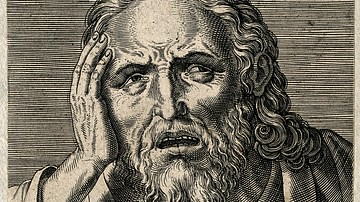
Article
Heraclitus' Fragments
Heraclitus of Ephesos (l. c. 500 BCE) was an early Pre-Socratic philospher who claimed that the First Cause of existence was fire and that life itself was characterized by strife and change. Heraclitus did not see this condition as a bad...
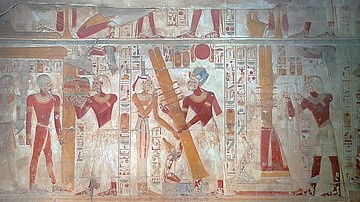
Article
The Forty-Two Judges
The Forty-Two Judges were divine entities associated with the afterlife in ancient Egypt and, specifically, the judgment of the soul in the Hall of Truth. The soul would recite the Negative Confession in their presence as well as other gods...
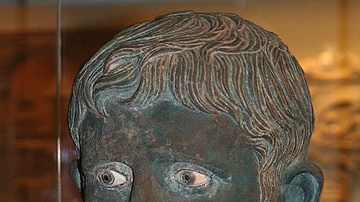
Article
The Meroe Head
The Meroe Head, so-called because it was found beneath a temple in the ruins of Meroe, is the head of a larger-than life statue of Gaius Julius Caesar Augustus (better known as Augustus Caesar) the first Emperor of Rome (reigned 31 BCE-14...
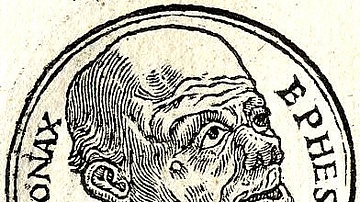
Article
Hipponax & Misogyny in Ancient Greece
It has always been recognized that women in the ancient world were considered only a little higher in value than the man's cattle or plow and, sometimes, not even accorded that kind of respect. Examples of misogynistic attitudes toward women...
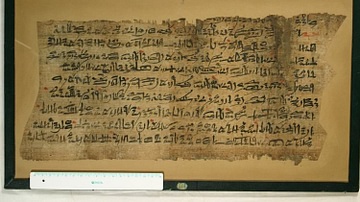
Article
The Papyrus Lansing: Be A Scribe…Or Else!
The Papyrus Lansing is an ancient Egyptian document that dates to the reign of the Pharaoh Senusret III (also known as Sesostris III, and, arguably, the legendary Sesostris written of by Herodotus) the 5th ruler of the 12th Dynasty of Egypt...

Article
Third Dynasty of Ur (Ur III)
Following the collapse of the Agade empire, the centre of power in southern Mesopotamia shifted to the cities of Uruk and Ur. The governor of Ur, Ur-Nammu, established a dynasty which came to dominate the other cities of the region, and...
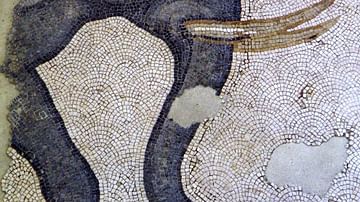
Article
North Africa During the Classical Period
Phoenician traders arrived on the North African coast around 900 B.C. and established Carthage (in present-day Tunisia) around 800 B.C. By the sixth century B.C., a Phoenician presence existed at Tipasa (east of Cherchell in Algeria). From...
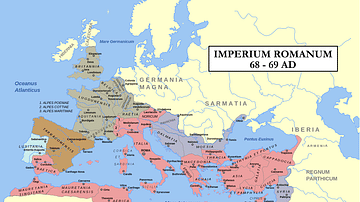
Article
The Batavian Revolt
Batavian revolt was a rebellion of the Batavians against the Romans in 69-70 CE. After initial successes by their commander Julius Civilis, the Batavians were ultimately defeated by the Roman general Quintus Petillius Cerialis. The year...
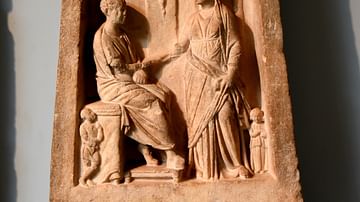
Article
The Value of Family in Ancient Greek Literature
When looking at Ancient Greek literature, one can see the importance family plays in Greek culture. We see this displayed in the Greek works Medea by Euripides and Antigone by Sophocles. Throughout these literary works we see that family...
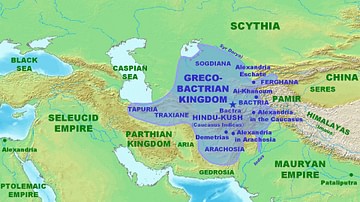
Article
Greco-Bactrian and Indo-Greek Kingdoms in Ancient Texts
The rarity of the appearance of Greco-Bactrian and Indo-Greek kingdoms in ancient literature is one of the reasons why those states are so little-known today. Indo-Greek literature did exist, but none has been found that speaks about the...